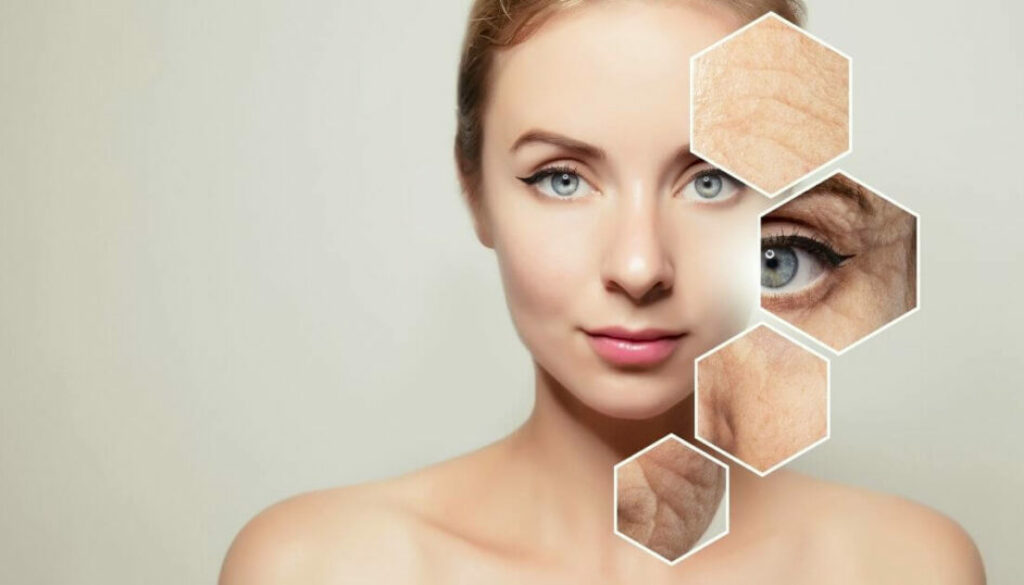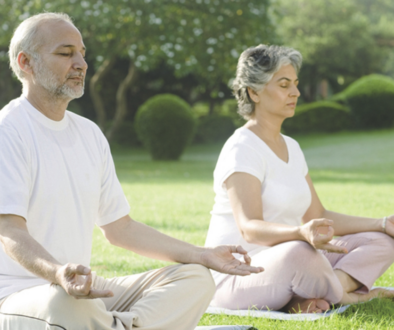Hormones and Aging: Managing the Aging Process Naturally
Hormones play a significant role in the aging process, governing various physiological functions and contributing to overall well-being. As we age, our hormone levels undergo natural changes which can impact our health and daily functioning. However, there are ways to manage the aging process naturally and optimize hormonal health. In this article, we will explore the relationship between hormones and aging, and discover practical strategies to support healthy aging.
Understanding Hormones and Aging
Hormones act as messengers in the body, regulating a multitude of bodily functions. They control growth, metabolism, mood, sexual function, and reproduction. As we age, hormonal changes are inevitable, and these changes can contribute to the aging process. The decline in hormone production and altered hormone balance can lead to various physical and mental changes.
The role of hormones in the aging process
Hormones maintain the delicate balance within our bodies, ensuring the proper functioning of all systems. However, as we age, hormone production gradually decreases, leading to imbalances that influence various aspects of aging.
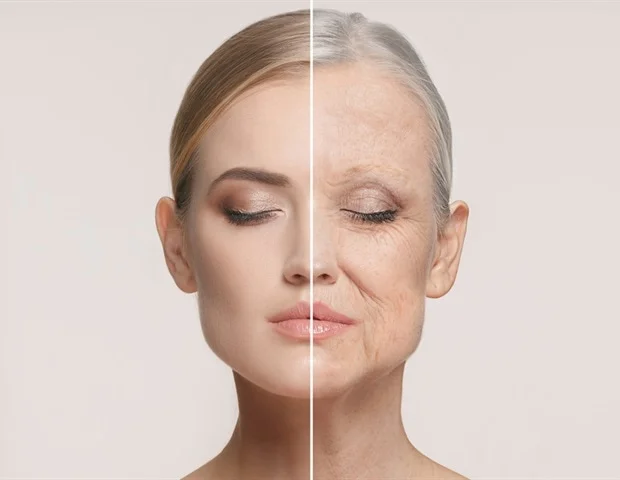
Common hormonal changes with age
One of the most well-known hormonal changes associated with aging is menopause in women. This natural transition is characterized by a decline in estrogen and progesterone levels, leading to symptoms like hot flashes, mood swings, and decreased bone density. In men, aging is marked by a decline in testosterone levels, resulting in symptoms such as reduced sexual drive, fatigue, and reduced muscle mass.
Natural Ways to Manage the Aging Process
Although hormonal changes are a natural part of the aging process, certain lifestyle choices can help manage these changes and support healthy aging. Here are some natural ways to optimize the aging process:
Balanced diet and nutrition
A well-balanced diet rich in nutrients is essential for maintaining hormonal balance and overall health. Incorporate plenty of fresh fruits, vegetables, whole grains, lean proteins, and healthy fats into your diet. Avoid processed foods and excessive sugar intake, as they can disrupt hormone levels.
Regular exercise and physical activity
Physical activity is crucial for healthy aging and hormonal balance. Engage in regular exercise routines that include cardiovascular activities, strength training, and flexibility exercises. Exercise helps regulate hormone production and release, improves mood, and reduces the risk of chronic diseases.
Adequate sleep and stress management
Sufficient sleep and effective stress management are vital for maintaining hormonal health. Aim for 7-9 hours of quality sleep each night to support hormone production and regulation. Practice stress-reducing techniques such as mindfulness meditation, deep breathing exercises, or engaging in activities you enjoy.
The Importance of Hormone Balance
Achieving and maintaining hormone balance is crucial for healthy aging and overall well-being. Hormonal imbalances can lead to a range of health issues and accelerate the aging process.
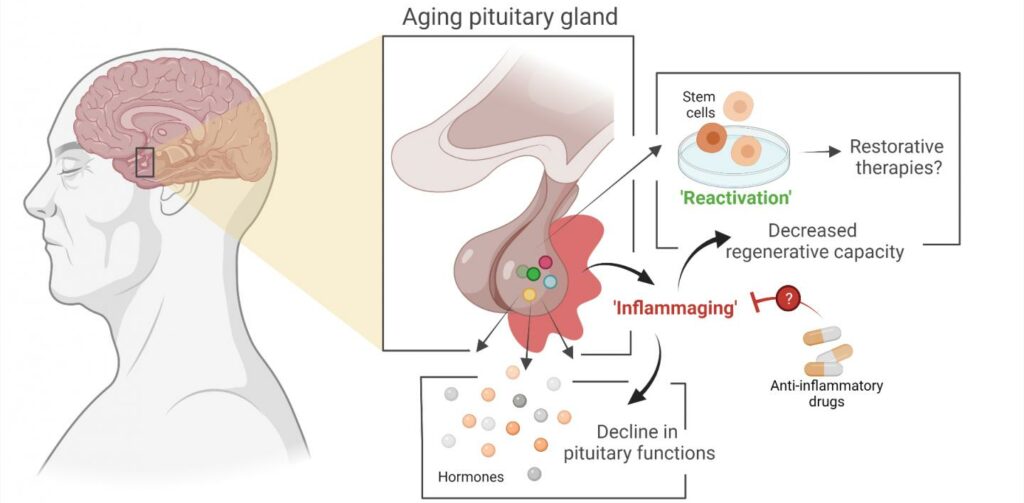
Impact of hormonal imbalances on aging
When hormones are imbalanced, various age-related symptoms may occur, including weight gain, decreased libido, fatigue, and mood swings. Hormonal imbalances can also increase the risk of chronic diseases such as osteoporosis, cardiovascular disease, and diabetes. It’s important to address and manage these imbalances to support healthy aging.
Hormone replacement therapy options
For individuals with significant hormonal imbalances, hormone replacement therapy (HRT) may be an option. HRT involves restoring hormone levels using synthetic hormones or bioidentical hormones that are molecularly similar to those naturally produced by the body. Consult with a healthcare professional to determine if HRT is appropriate for you.
Lifestyle Changes for Hormonal Health
In addition to natural strategies, certain lifestyle changes can contribute to hormonal health and healthy aging.
Avoiding tobacco and excessive alcohol consumption
Tobacco use and excessive alcohol consumption negatively impact hormone levels and overall health. Quitting smoking and moderating alcohol consumption can help regulate hormone production and reduce the risk of age-related diseases.
Managing weight and body mass index
Maintaining a healthy weight and body mass index (BMI) is essential for hormonal balance. Obesity is associated with hormonal imbalances, particularly in sex hormones. Focus on a balanced diet, portion control, and regular physical activity to manage your weight and promote hormonal health.
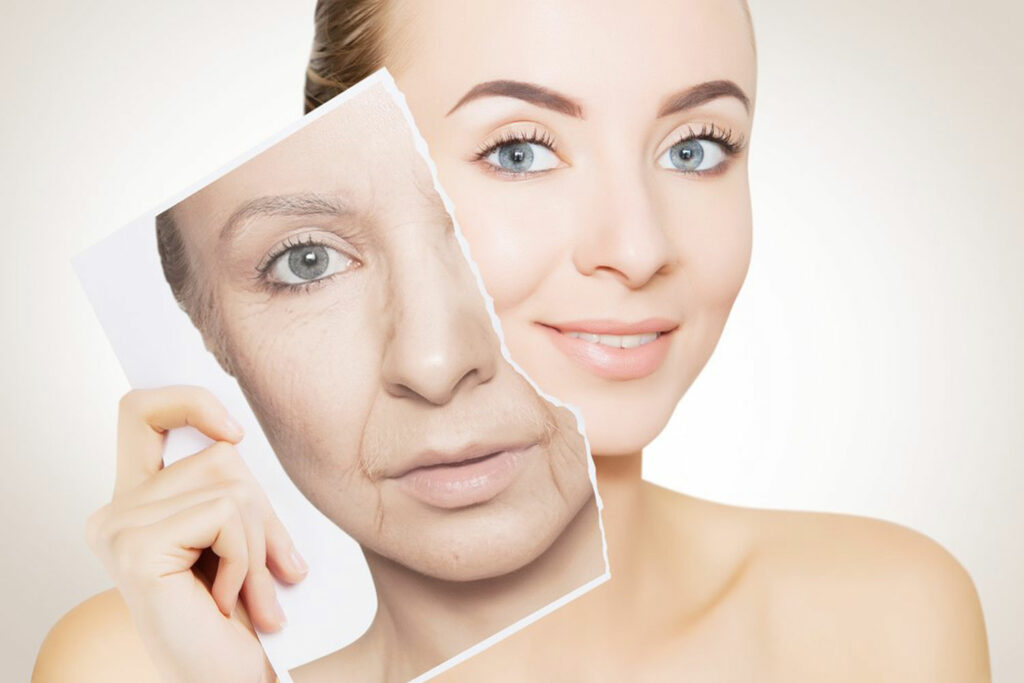
Incorporating relaxation techniques and meditation
Chronic stress can disrupt hormone levels and accelerate the aging process. Incorporating relaxation techniques such as yoga, meditation, or deep breathing exercises can help manage stress and promote hormonal balance.
Natural Supplements for Hormonal Support
In addition to lifestyle changes, certain natural supplements can support hormonal balance and healthy aging.
Herbs and botanicals for hormonal balance
Herbs like maca, ashwagandha, and black cohosh have long been used to support hormone balance. These botanicals may help alleviate symptoms associated with hormonal changes and promote overall well-being. However, consult with a healthcare professional before starting any herbal supplements, especially if you have pre-existing medical conditions or are taking other medications.
Vitamins and minerals for hormone optimization
Certain vitamins and minerals, such as vitamin D, vitamin B complex, and magnesium, play a role in hormone synthesis and regulation. Ensuring adequate intake of these nutrients through a balanced diet or supplementation can support healthy hormonal levels.
Role of Hormone Testing and Monitoring
Regular hormone testing and monitoring are essential for understanding your hormone levels and addressing any imbalances.
Importance of regular hormone testing
Regular hormone testing allows for early identification of any hormonal imbalances, providing an opportunity for timely intervention and management. Consult with your healthcare provider to determine the appropriate timing and frequency of hormone testing based on your age, symptoms, and medical history.
Understanding hormone levels and their impact
Understanding your hormone levels can help identify potential imbalances and guide treatment options. Your healthcare provider will interpret your hormone test results and recommend appropriate interventions based on your specific needs.
Hormone Therapy Options
For individuals with significant hormonal imbalances, hormone therapy may be considered as a treatment option.
Bioidentical hormone replacement therapy (BHRT)
BHRT involves using hormones that are molecularly identical to those naturally produced by the body. These hormones are derived from plant sources and are often customized to individual needs. BHRT aims to restore hormonal balance and alleviate symptoms associated with hormonal imbalances.
Synthetic hormone replacement therapy (HRT)
Synthetic hormone replacement therapy involves using hormones that are structurally similar to, but not identical to, those naturally produced by the body. HRT may be appropriate for some individuals, but it is important to discuss the potential benefits and risks with a healthcare professional.
Addressing Specific Hormonal Changes
Different stages of life can bring about specific hormonal changes, which need to be addressed for optimal health and well-being.
Menopause and perimenopause
Menopause and perimenopause are natural transitions in a woman’s life that involve hormonal changes. Symptoms may include hot flashes, night sweats, mood changes, and sleep disturbances. Consult with a healthcare professional for appropriate management strategies and treatment options to alleviate menopausal symptoms.
Andropause in men
Andropause, often referred to as male menopause, involves a gradual decline in testosterone levels in men. It can result in symptoms such as reduced sexual drive, fatigue, depression, and loss of muscle mass. Discussing these symptoms with a healthcare professional can help determine appropriate treatment options.
Thyroid and adrenal gland health
Thyroid and adrenal gland health are critical for hormonal balance. Imbalances in these glands can lead to symptoms such as fatigue, weight gain, mood changes, and reduced cognitive function. Working with a healthcare provider to address any thyroid or adrenal issues can support overall hormonal health.
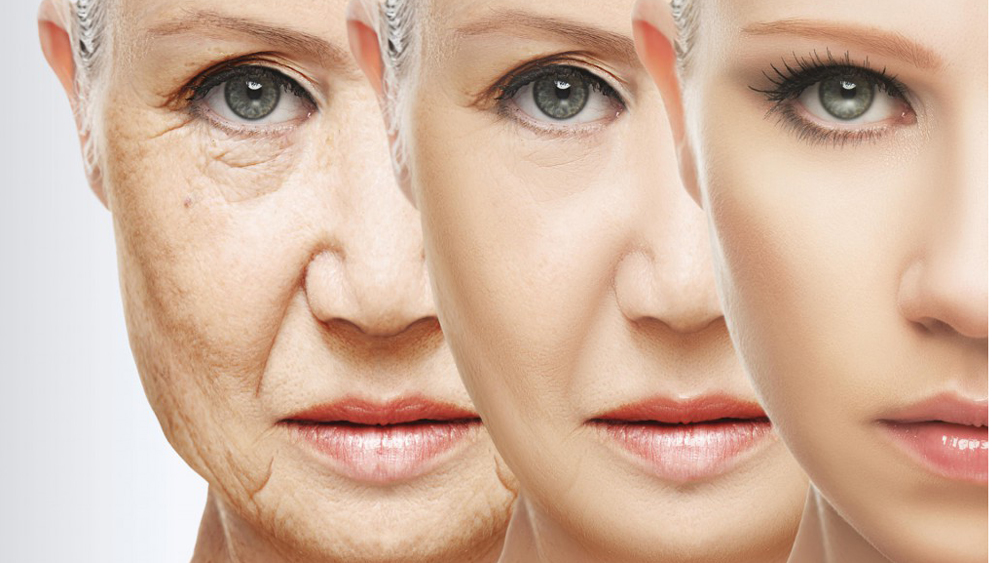
Integrating Hormonal Health with Overall Well-being
Hormonal health is closely intertwined with overall well-being, including mental and emotional health.
Mental and emotional health considerations
Hormonal imbalances can impact mental and emotional well-being, leading to mood swings, irritability, anxiety, or depression. Seeking support from healthcare professionals, therapists, or support groups can provide guidance and emotional support during hormonal fluctuations.
Addressing other lifestyle factors
In addition to hormonal health strategies, it’s crucial to address other lifestyle factors that contribute to healthy aging. This includes maintaining social connections, engaging in hobbies, managing chronic diseases, and practicing self-care.
FAQs: Hormones and Aging
- What are the most common hormonal changes that occur with aging?
As we age, there are several hormonal changes that commonly occur. In women, menopause is a significant hormonal change, characterized by a decline in estrogen and progesterone levels. In men, testosterone levels gradually decrease with age. Other hormonal changes can include a decline in thyroid hormone production and changes in adrenal gland function. - How does hormone balance impact the aging process?
Hormone balance plays a crucial role in the aging process. Hormones regulate various bodily functions and systems, and imbalances can lead to symptoms associated with aging. Hormonal imbalances can contribute to weight gain, reduced libido, mood swings, fatigue, and increased risk of chronic diseases. Achieving and maintaining hormone balance is important for healthy aging. - What are the natural ways to manage the aging process?
There are several natural ways to manage the aging process:- Maintain a balanced diet and nutrition, incorporating fresh fruits, vegetables, whole grains, lean proteins, and healthy fats.
- Engage in regular exercise and physical activity, including cardiovascular exercises, strength training, and flexibility exercises.
- Ensure adequate sleep and practice effective stress management techniques, such as mindfulness meditation and deep breathing exercises.
- Avoid tobacco use and excessive alcohol consumption.
- Manage weight and body mass index through a balanced diet and regular exercise.
- Incorporate relaxation techniques and practices like yoga into your daily routine.
- Can lifestyle changes affect hormone levels?
Yes, lifestyle changes can have an impact on hormone levels. By making healthy lifestyle choices such as maintaining a balanced diet, exercising regularly, managing stress, and getting sufficient sleep, you can support hormone balance. These lifestyle changes can positively influence hormone production, release, and regulation, contributing to overall well-being and healthy aging. - Are there any natural supplements that support hormonal balance?
Yes, there are natural supplements that can support hormonal balance. Some popular supplements include maca, ashwagandha, black cohosh, vitamin D, vitamin B complex, and magnesium. These supplements have been shown to help alleviate symptoms associated with hormonal changes and promote overall well-being. However, it is important to consult with a healthcare professional before starting any supplements, as individual needs and potential interactions with medications should be considered.
Conclusion
Managing the aging process naturally involves understanding the role of hormones and addressing any imbalances that occur. Through lifestyle changes, natural supplements, and appropriate hormonal therapies, it’s possible to support healthy aging and overall well-being. Regular hormone testing, monitoring, and consultation with healthcare professionals are essential for personalized approaches to managing the aging process naturally.
Also Read:
